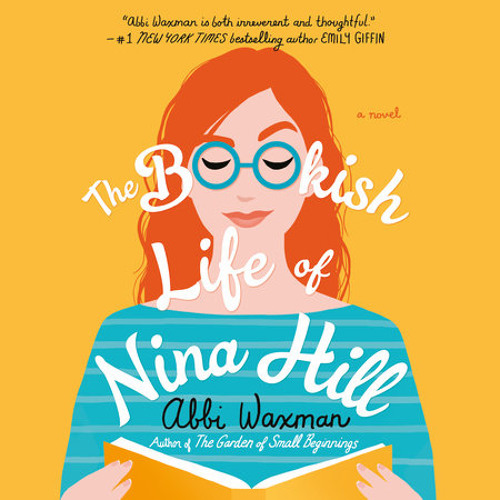


Such lists reveal a yearning for a direct route to wisdom. In 1960, Clifton Fadiman, then a notable literary critic, produced a work called The Lifetime Reading Plan, a work of 378 pages, which I have chosen never to read, lest it take up the time I might devote to a better book. The Guardian not long ago published a list of the world’s one hundred best nonfiction books in English, and while nearly every one seemed eminently worthy, one could just as easily add another hundred books that should have been on such a list, and this does not include all the world’s splendid works of fiction, drama, and poetry, and not merely in English alone. Jefferson obliged with a list of 148 titles, mostly Greek and Roman classics, and some intensely practical treatises, among them a book on horse-hoeing husbandry. In 1771 a man named Robert Skipwith, later to be Thomas Jefferson’s wife’s brother-in-law, asked Jefferson to compile for him a list of indispensable books. Not much help, either, is likely to be found in various lists of the world’s best books. How can one know if a book is interesting until one has read it memorable until time has or has not lodged it in one’s memory rereadable until the decades pass and one feels the need to read it again and enjoys it all the more on doing so? The first question is “How can one tell which books qualify as good, beautiful, important?” In an essay of 1978 called “On Reading Books: A Barbarian’s Cogitations,” Alexander Gerschenkron, a Harvard economist of wide learning, set out three criteria: A good book must be interesting, memorable, and rereadable. Nobody has read, or can read, everything, and by everything I include only the good, the beautiful, the important books. Some people are merely better-read than others. Like the man-the fellow with the name Solomon, writing under the pen name Ecclesiastes-said, “Of the making of many books there is no end and much study is a weariness of the flesh.” So many books are there in the world that no one can get round to even all the best among them, and hence no one can claim to be truly well-read. Reading happens to be my hobby, too, along with peristalsis and respiration. I recall some years ago a politician whose name is now as lost to me as it is to history who listed reading among his hobbies, along with fly-fishing and jogging. By the bookish life, I mean a life in which the reading of books has a central, even a dominating, place. “The pay isn’t great,” he was told, “but the work is steady.” The same might be said about the conditions of the bookish life: low pay but steady work. The village idiot of the shtetl of Frampol was offered the job of waiting at the village gates to greet the arrival of the Messiah.


 0 kommentar(er)
0 kommentar(er)
